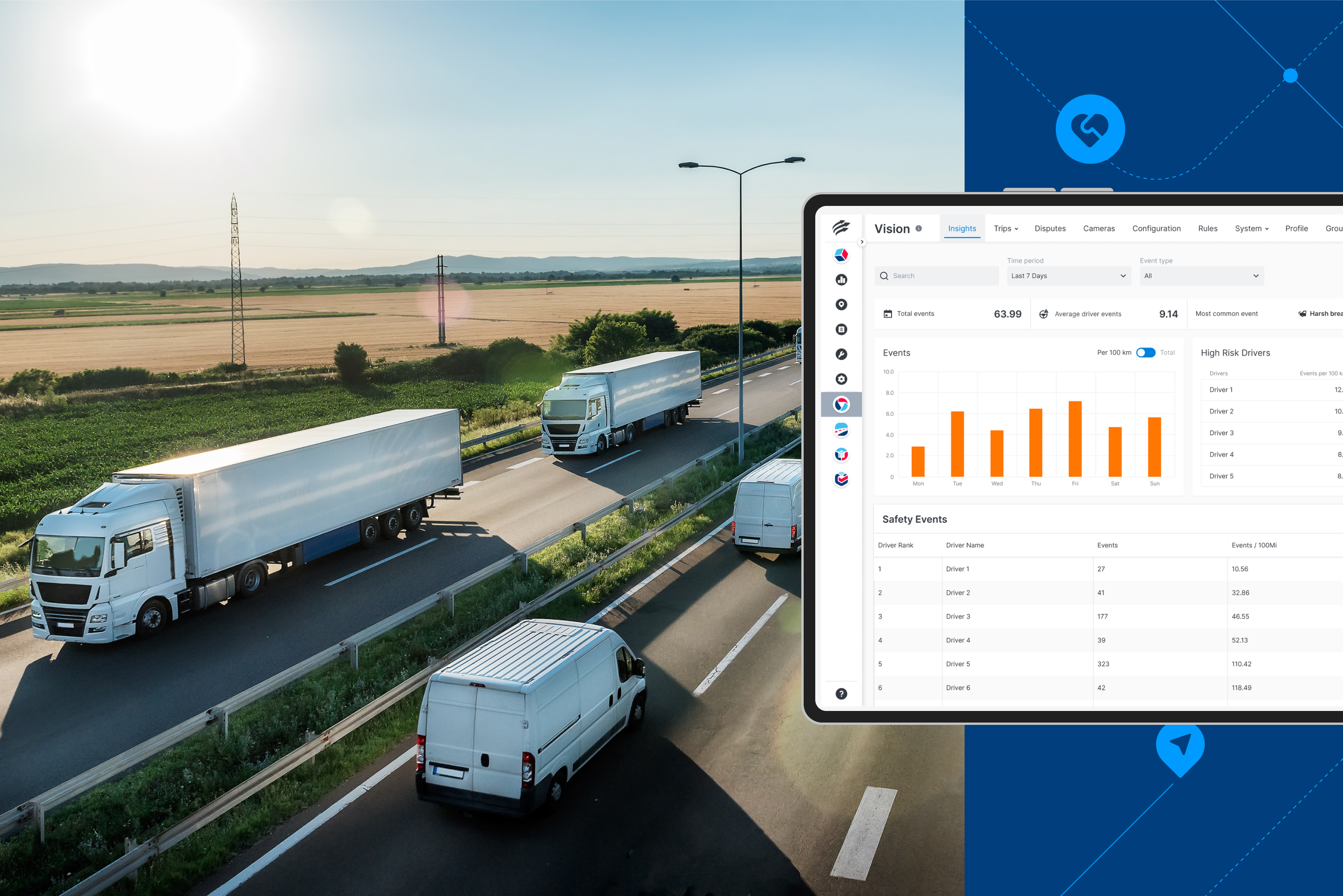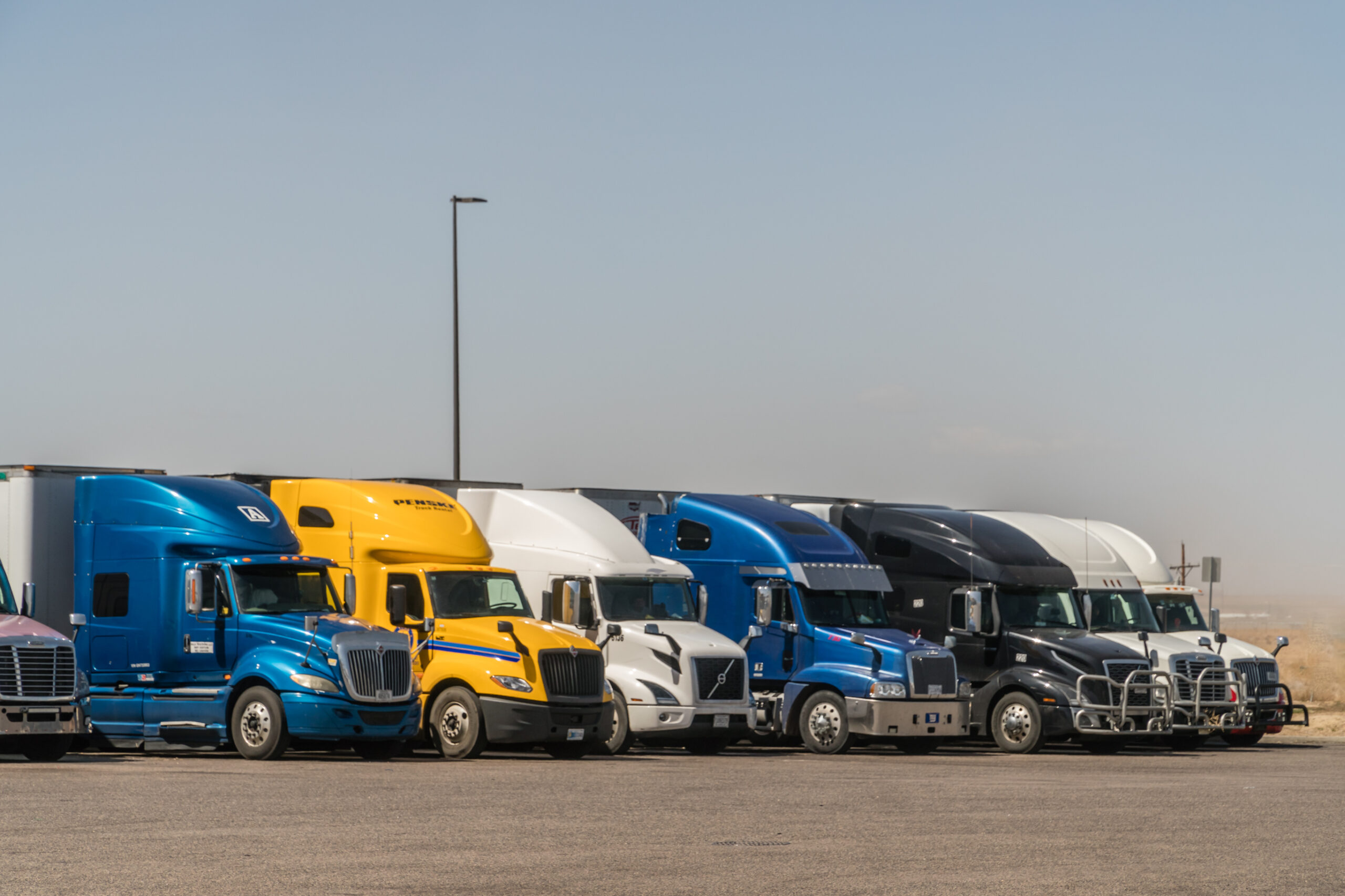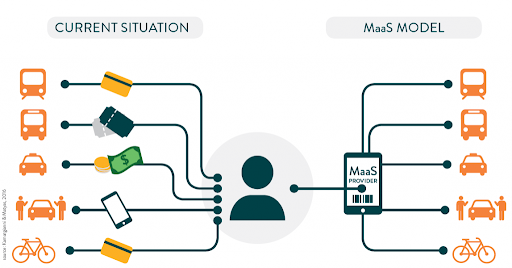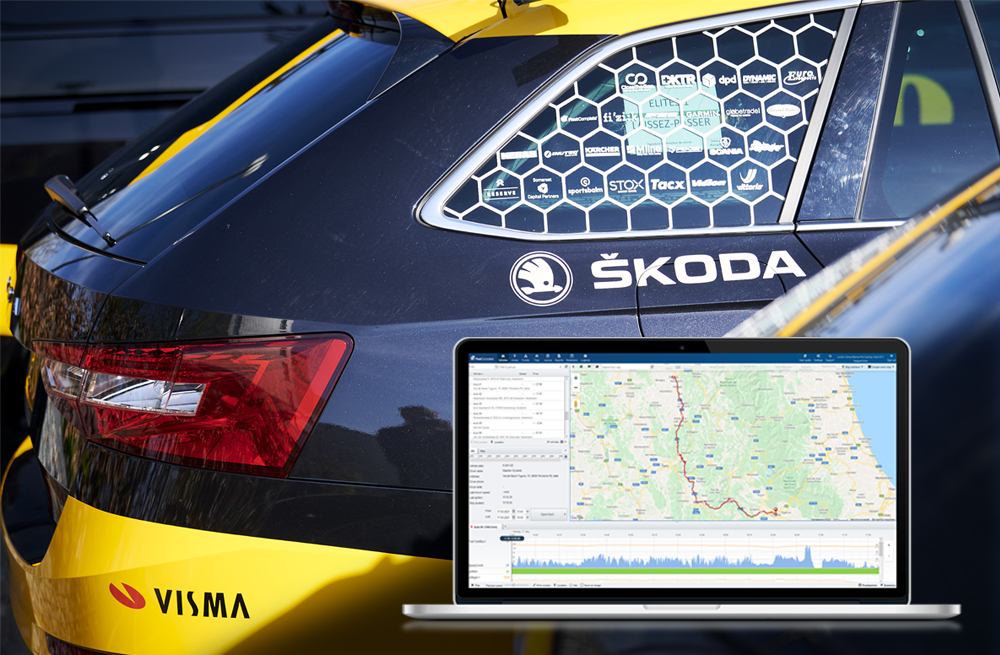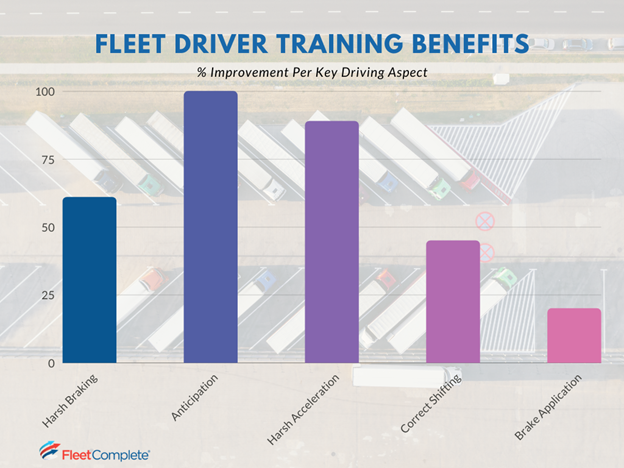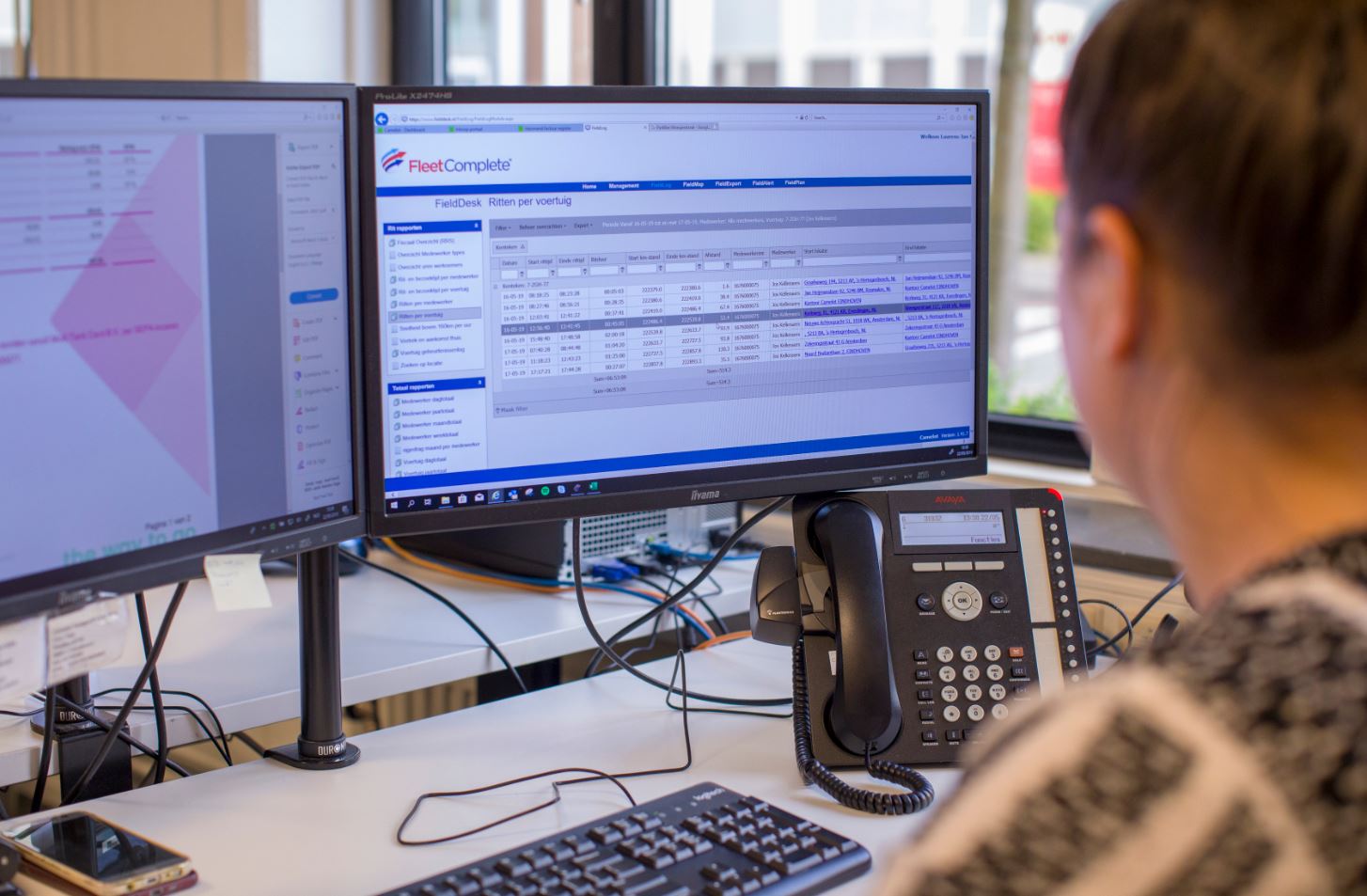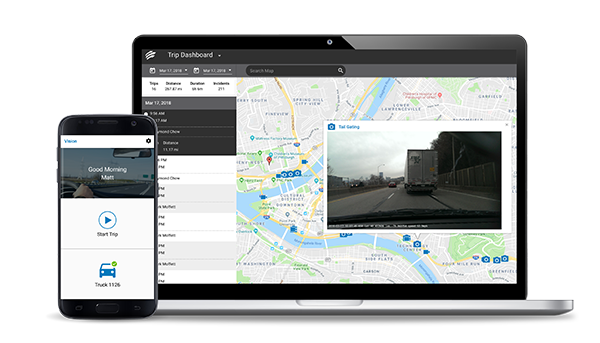Fleet management is the backbone of industries powering the physical economy, ensuring efficiency and improved driver safety and behavior. You’ll know first-hand that managing your company’s fleet leaves you spinning several plates at one time – not only do you have vehicle acquisition and costs to consider, but the safety of your drivers too. That’s where a reliable fleet management system can support you.
Below, we’ll explain exactly what fleet management is and how fleet management software works to improve efficiencies, monitor vehicle performance, boost productivity and reduce maintenance costs.
What is meant by fleet management?
Fleet management refers to the administration and strategic operations of a fleet of vehicles and/or equipment, and professional drivers. It involves activities such as fleet administration, accident management, routine maintenance, fuel management, asset management, driver safety, telematics and compliance.
If your business has moving assets, such as trucks, vans or even machinery, having a reliable system you can count on to keep everything in check can alleviate some managerial pressure. Fleet management systems can help you optimize operations, reduce costs and improve overall performance.
Why is fleet management important?
If your business relies on a fleet of commercial vehicles to operate, fleet management is crucial for business success. Fleet management requires the overseeing of vehicle logistics, maintenance and acquisition to ensure fleet vehicles are running efficiently and are available when needed.
Thorough fleet management helps to minimize idling, reduce running costs and maximize productivity across your fleet. Equally, fleet management makes sure you comply with various legal and regulatory requirements of your industry, as well as safety and environmental regulations.
By using a fleet management software solution, such as Powerfleet (formerly Fleet Complete), fleet managers can improve their drivers’ routes for improved fuel efficiency, to strengthen their fleet performance. We’ll touch on the benefits of fleet management software in greater detail later.
Overall, fleet management is essential not just to keep your day-to-day administrative tasks and business operations running smoothly, but to ensure customer satisfaction too. Businesses that provide courier and delivery services, for example, require an efficient and reliable fleet to ensure a positive and consistent customer experience. Equally, the condition of your fleet’s vehicles is a reflection of your professionalism and brand image. Prioritizing fleet management ensures customer satisfaction and sustained business growth long-term.
In the case of ATS, a medical courier provider using Powerfleet (formerly Fleet Complete) GPS and temperature tracking solutions, it’s crucial that pharmaceutical customers can depend on safe and timely deliveries. ATS fleet managers can log into their FC Hub dashboard to monitor near real-time to effectively manage asset and delivery status, fleet vehicle location, and driver contact to ensure end-to-end fleet safety and industry compliance.
What does a fleet manager do?
Before we explain the role of a fleet manager, you’ll first need to understand the role of fleet management. So, what is fleet management exactly? If your business has moving assets, such as trucks, vans or even machinery, having a reliable system you can count on to keep everything in check can alleviate some managerial pressure. As the name implies, this process is known as fleet management, and requires a fleet manager to carry out these responsibilities correctly.
Here are just some of the key responsibilities of a fleet manager:
- Driver management: This includes hiring and training new drivers, monitoring their performance and driver habits, and ensuring they adhere to company policies around safety and vehicle operation.
- Cost management: Developing and keeping an eye on the fleet budget, including expenses, fuel, vehicle maintenance, and insurance. Fleet managers are expected to find ways to reduce fleet costs while increasing efficiency.
- Vehicle maintenance: Scheduling of regular fleet maintenance, such as oil changes, to ensure efficient and safe vehicle performance.
- Fleet tracking: By using GPS tracking systems, fleet managers can monitor the location of vehicles as well as the driver’s performance.
- Fuel management: As part of cost management, it is a fleet manager’s responsibility to monitor and reduce fuel consumption and find ways to reduce fuel costs such as fuel-efficient driving and reduced idling.
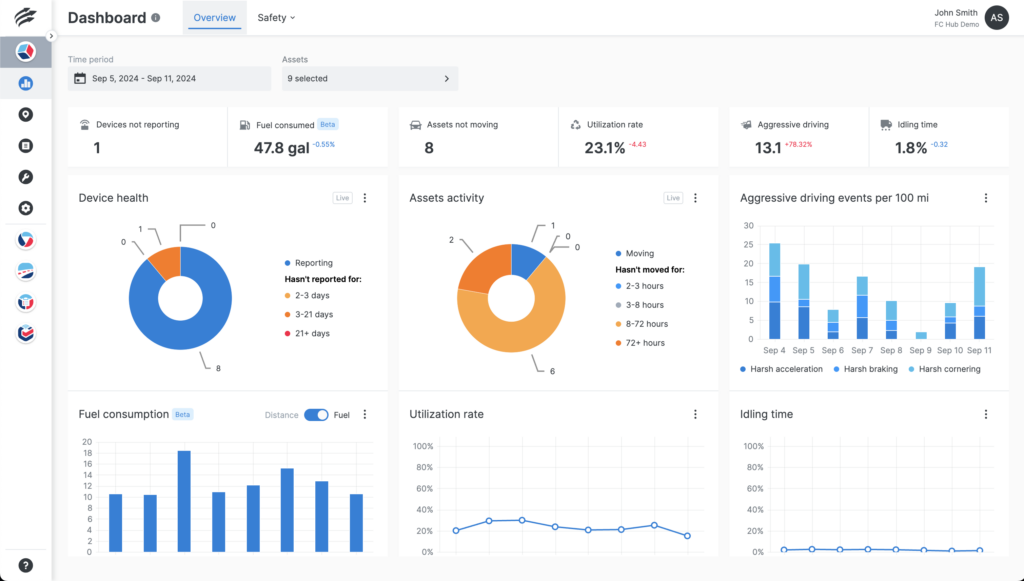
Challenges fleet managers face
Many fleet managers encounter several challenges when overseeing day-to-day fleet operations, including:
- Increased fuel costs: Rising fuel prices significantly impact operational expenses, requiring fleet managers to implement fuel-saving strategies and optimize routes to reduce fuel consumption.
- Vehicle maintenance: Fleet managers must ensure regular vehicle servicing to avoid operational disruptions and high repair and maintenance costs.
- Regulatory compliance: Fleet managers must navigate evolving environmental regulations, taxation policies, and transport laws to avoid fines and operational restrictions.
- Driver safety: Managing driver behavior, ensuring adherence to road safety industry regulations, carrying out driver training and complying with industry standards (such as emissions and licensing requirements) can be complex and require continuous oversight.
- Fleet sustainability and environmental impact: With increasing pressure to adopt eco-friendly practices and reduce carbon emissions, transitioning to electric or hybrid vehicles while managing charging infrastructure and costs can feel challenging.
- Driver retention and driver shortages: Recruiting and retaining skilled drivers is a growing challenge, requiring competitive wages, benefits, and good fleet management strategies.
What is fleet management software?
It’s safe to say technology has truly transformed fleet management, making vehicle monitoring feel more straightforward. Fleet management software makes vehicle data easy to access, and is powered by sources such as telematics. These devices, such as Powerfleet’s (formerly Fleet Complete) fleet tracking devices, are easily installed into your vehicles to transmit data from the vehicle to the cloud, to be interpreted and visualized by the fleet management software.
Fleet management systems can improve operational efficiency and help you make sense of your fleet data, allowing you to get operational insights and make informed decisions when it comes to cost reduction and driver behavior. Your fleet data can be displayed in customizable dashboards, allowing you to dig deeper into your data and analyze key metrics – you can even set up alerts to notify you of important events or reminders.
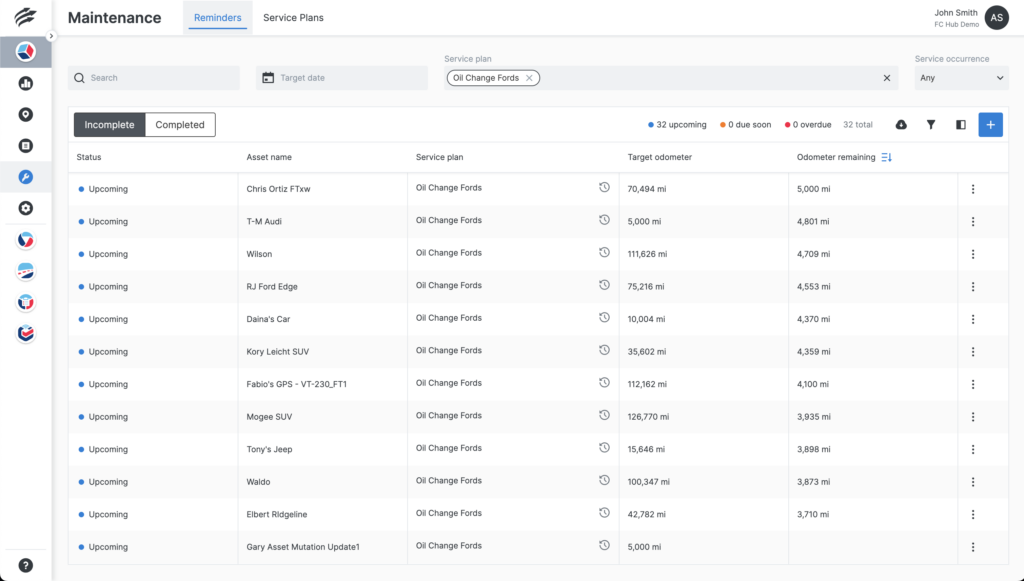
For example, if your business’ policy is to replace company vehicles every four years, you can receive a notification when a vehicle is reaching this limit.
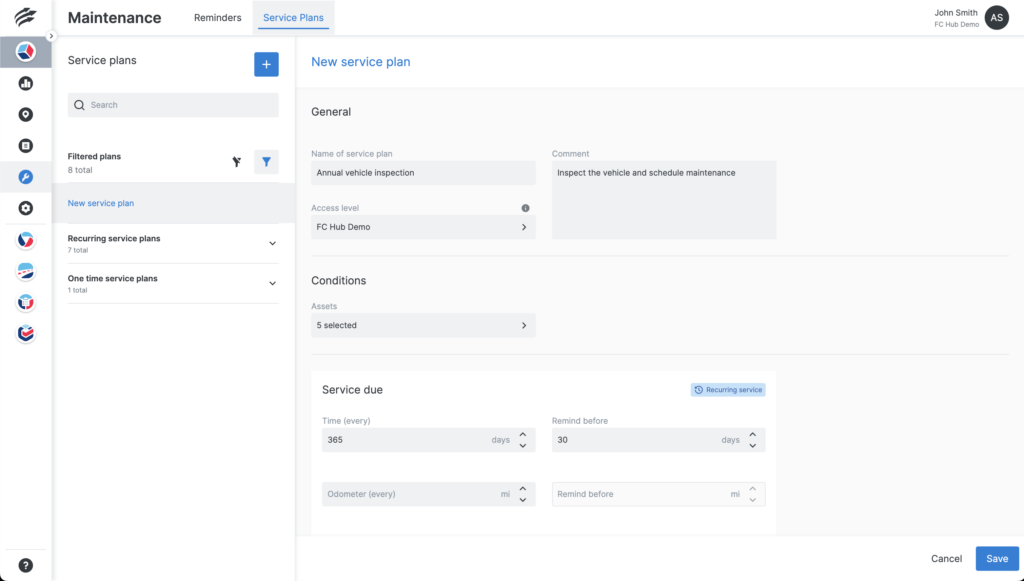
Fleet management solutions offer fleet managers complete insight into your vehicles while they’re on the road, allowing you to locate them on the map, dispatch and track tasks, and even schedule maintenance. You can wave goodbye to the hassle of vehicle tracking, by letting software take care of things for you.
The benefits of fleet management software
Fleet management systems have revolutionized the way fleet managers observe and optimize their fleet. If you’re looking to stay competitive in the transportation industry, fleet management software can keep you informed.
Here are just some of the key benefits of fleet management solutions for you to consider:
- Enhanced road safety: Thanks to features like real-time GPS tracking and being alerted of harsh braking and speeding, you can encourage safer driving among your fleet and reduce the risk of accidents.
- Improved efficiency:Fleet management software can take care of day-to-day admin tasks such as routing and scheduling, which can increase fleet efficiency and reduce the chance of manual errors.
- Reduced costs: You can improve route planning and reroute drivers where necessary to the fastest route available which can minimize unnecessary mileage, reduce fuel consumption save money on fuel costs.
- Ensuring compliance: Fleet compliance is likely to be a key priority for your business and fleet management software can help you adhere to the regulations of your industry. You’ll know that your vehicles meet regulatory requirements and adhere to safety standards.
- Asset tracking: You’ll know the location and status of your vehicles in real-time which can be especially helpful should you believe a vehicle has been stolen, and can also prevent unauthorized use.
Case study
Williams Towing Service has provided professional towing services in the Greater Toronto Area since 1976. As a popular business delivering services 24 hours a day, 365 days a year, the number of vehicles on the road had increased significantly. The business relied on traditional, two-way radios and paper-based processes to monitor and dispatch calls to towing operators. This old-school way of doing things risked losing customers as they needed response times to be immediate. That’s where Fleet Complete stepped in to support them, implementing fleet trackers across 38 Williams Towing trucks.
Fleet Complete’s software collected information on the status and location of each vehicle for dispatchers to see from their head office. As you can expect, this has saved the business significant time and effort as they no longer need to manually locate each vehicle. Instead, they could monitor the status of each vehicle in real-time, allowing dispatchers to make quick, informed decisions and handle tasks much more efficiently. The company’s dispatching process has been entirely transformed as they waved goodbye to radio communication and have embraced a more organized and productive work flow, thanks to Fleet Complete’s fleet management solutions.
Manage your fleet with Powerfleet (formerly Fleet Complete)
Running an efficient fleet is no easy task – why not alleviate some of the pressures with a reliable fleet management system? Powerfleet (formerly Fleet Complete) gives you complete control of your business fleet operations, driver, and vehicle safety and compliance to increase operational efficiency and help you keep things running smoothly. Get in touch with our team today to get started.














